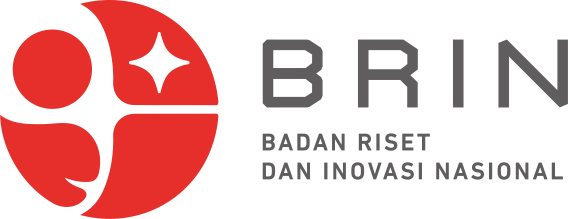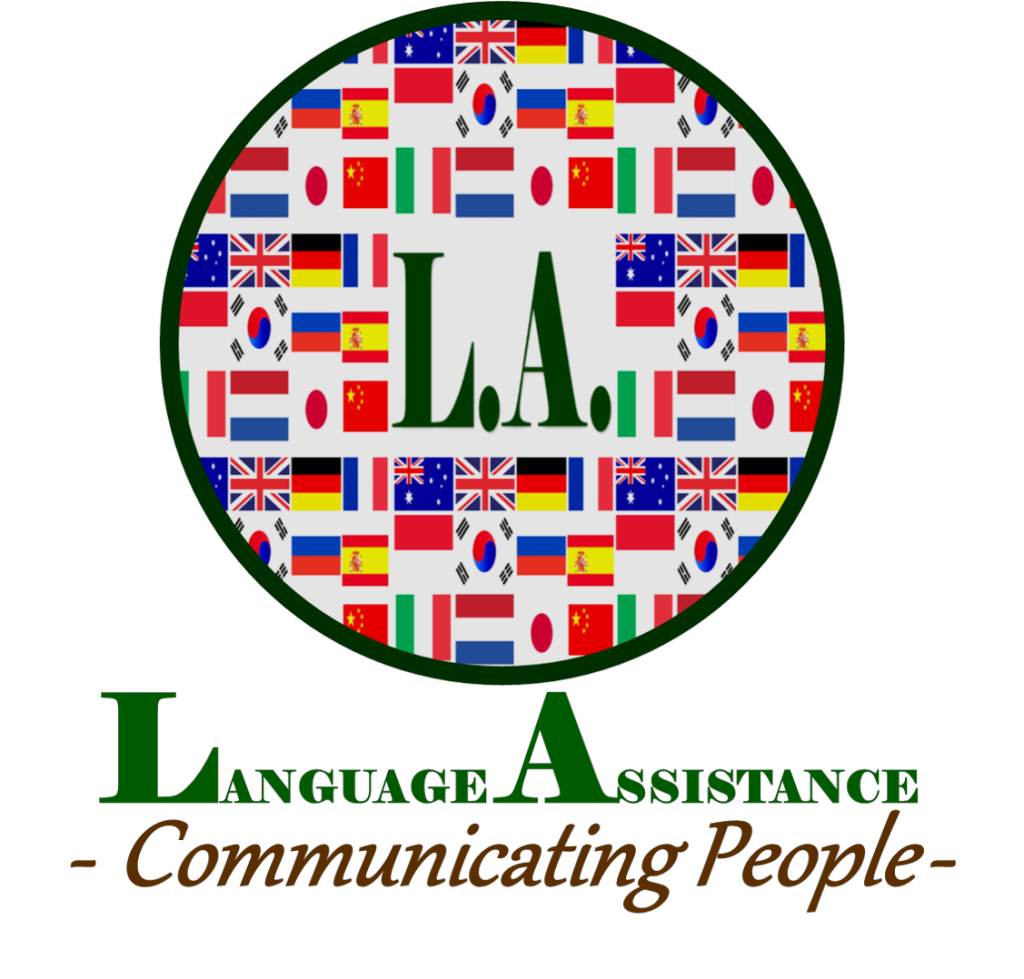Management Elements in the Management of Aston Kuta Hotel & Residence: Implementation and Strategies for Sustainability
DOI:
https://doi.org/10.5281/1xwns336Keywords:
Mangement Elements, Hotel Management, Management StrategiesAbstract
Downloads
References
Aston Kuta Hotel & Residence. (2025). Aston Kuta Hadir dengan Kamar Baru: Lebih Modern, Lebih Nyaman. Retrieved 10 April 2025, from https://www.astonhotelsinternational.com/id/news/1204
Daft, R. L. (2021). Management. Boston: Cengage Learning.
Dessler, G. (2020). Human Resource Management (16th ed.). London: Pearson Education.
Febriza, K., Subadra, I. N., & Widari, D. A. D. S. (2024). Implementasi Strategi dan Bauran Pemasaran di Hotel Novotel Lampung. Journal of Tourism and Interdisciplinary Studies (JoTIS), 4(2), 167–179. Retrived from https://doi.org/10.51713/jotis.2024.4251.
Ghazi, K. (2016). Hotel Maintenance Management Practices. Journal of Hotel & Business Management, 5(1), 2. Retrieved from https://doi.org/10.4172/2169-0286.1000136
Handoko, T. H. (1997). Manajemen Personalia & Sumber Daya Manusia . Yogyakarta: BPFE.
Hasibuan, Malayu. (2012). Manajemen Sumber Daya Manusia (13th ed.). Jakarta: Bumi Aksara.
Kurniawan, W. (2023). Analisis Manajemen Hotel dalam Menciptakan Service Excellent Terhadap Pelanggan. Jurnal Penelitian dan Kajian Sosial Keagamaan, 20(2), 193–205. Retrieved from https://doi.org/10.46781/al-mutharahah.
Kusnadewi, & Dharma Suputra, D. G. (2021). Pengungkapan Penerapan Corporate Social Responsibility pada Hotel Aston Kuta. E-Jurnal Akuntansi, 31(7), 1680–1691. Retrieved from https://doi.org/10.24843/eja.2021.v31.i07.p06
Lee, S., Teece, & David, J. (2013). The Functions of Middle and Top Management in the Dynamic of Capabilities Framework. Kinday Management Review, 1(1), 28–42.
Lusch, R. F., & Vargo, S. L. (2014). Service-Dominant Logic: Premises, Perspectives, Possibilities. Cambridge: Cambridge University Press.
Manik, R. R. D. S. (2020). Dasar-dasar Manajemen. Bandung: Wdina Bakti Persada.
Manulang, M. (2012). Dasar-dasar Manajemen (22nd ed.). Yogyakarta: Gajah Mada University Press.
Mulyadi, & Winarso, W. (2020). Pengantar Manajemen (1st ed.). Banyumas: Pena Persada.
Permatasari, E. D., Hamid, D., & Wilopo. (2015). Penentuan Strategi Bisnis manajemen Hotel dalam Menghadapi Persaingan (Studi Kasus di Quds Royal Hotel Surabaya). Jurnal Administrasi Bisnis (JAB), 27(1), 1–8.
Powley, R., Edwards, & Cindy. (2012). Principles of Management. British Columbia: Commonwealth of Learning.
Rangkuti, F. (2006). Analisis SWOT: Teknik Membedah Kasus Bisnis. Jakarta: Gramedia Pustaka Utama.
Ridwan, M. (2009). Implementasi Unsur-unsur dan Fungsi Manajemen pada Pondok Pesantren Al-Hamidiyah Sawangan Depok. UIN Syarif Hidayatullah, Jakarta.
Syafrimansyah. (2024). Strategi Manajemen Perhotelan untuk Meningkatkan Kualitas Pelayanan. Al Mikraj: Jurnal Studi Islam dan Humaniora, 4(2), 1319–1325.
Terry, G. R. (1982). Principles of Management (8th ed.). Illions: R. D. Erwin.
Widagdo, Y. M., & Mulia, A. A. (2021). Strategi Pengelolaan Keuangan terhadap Operasional Hotel Berbintang di Solo di masa Pandemi Covid-19. Dinamika Sosial Budaya, 23(2), 262–269. Retrieved from http://journals.usm.ac.id/index.php/jdsb.
Widari, D. A. D. S. (2021). Persepsi Wisatawan Domestik dan Mancanegara terhadap Pengelolaan Daya Tarik Wisata Jatiluwih, Kabupaten Tabanan, Provinsi Bali. Jurnal Pariwisata Terapan, 5(1), 1–12. Retrived from https://doi.org/10.22146/jpt.67625.
Widari, D. A. D. S., & Prasiasa, D. P. O. (2024). Pesona Segara-Gunung sebagai Keunggulan dalam Pengembangan Desa Wisata Les, Kabupaten Buleleng, Bali. Journal of Tourism Destination and Attraction, 12(2), 61–70. Retrieved from https://doi.org/10.35814/tourism.v12i2.7739.
Widari, D. A. D. S., & Sari, L. K. (2023). Kreativitas Bartender sebagai Upaya Meningkatkan Penjualan Minuman di InterContinental Bali Resort. Journal of Tourism Interdisciplinary Studies (JoTIS), 3 (2), 58–67. Retrived from https://doi.org/10.51713/jotis.v3i2.118.
Yulianto. (2022). Penerapan Unsur-unsur Manajemen di Rudi Aurel (RA) Swalayan dan Dept Store Metro dalam Perspektif Manajemen Bisinis Islam. Al Wathan: Jurnal Studi Keislaman, 3(1), 1–50.
Downloads
Published
Issue
Section
License
Copyright (c) 2025 Dewa Ayu Diyah Sri Widari, Maria Agusta Hipolita Ampur, Maria Angelia Selvira Foglin, Rafael Septiano Nudin, Kristina Rati Ratna (Author)

This work is licensed under a Creative Commons Attribution 4.0 International License.
















